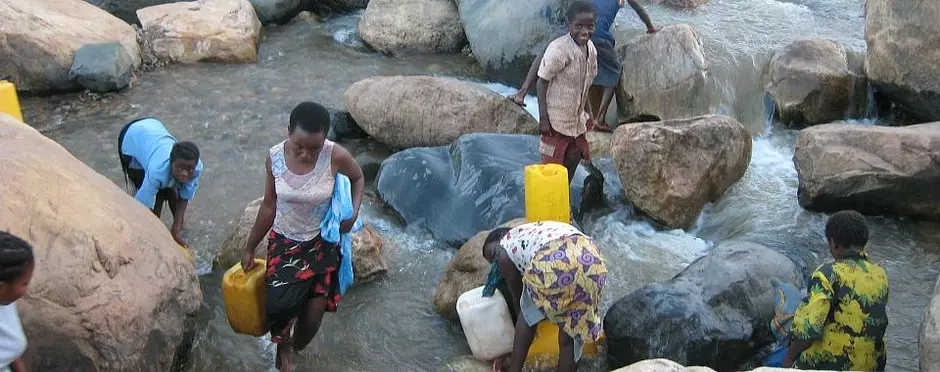
Humanitarian & development
- Location:
Kinshasa (République démocratique du Congo)
- Sponsor:
Thierry Vandevelde
- Grant:
€30,000 on 18/01/2022
Project Leader
Faculty of Medicine - University of Kinshasa
The Covid-19 pandemic and the health crisis mask other public health scourges: cholera is one. Tens of thousands still die every year. Yet we know how to stop it. In Haiti, it has disappeared after several years of struggle. In Africa, initiatives are multiplying to put an end to it.
In the Democratic Republic of Congo, a first multisectoral cholera elimination plan (PMSEC) was drawn up in 2007, followed by two others. Significant progress has been made. These programmes have made it possible to map risk areas in order to adapt and prioritise interventions. The multisectoral approach has been validated.
On the eve of a new PMSEC, the public authorities are preparing the evaluation of the last plan. The University of Kinshasa, and in particular its Department of Ecology and Control of Infectious Diseases headed by Professor Didier Bompangue, was asked to evaluate the last plan and prepare the next one. With the support of the Veolia Foundation, this team of academics will support the Ministry of Planning. This is a concrete illustration of the multisectoral approach taken by the Foundation and the Global Alliance Against Cholera to put an end to this waterborne disease.

